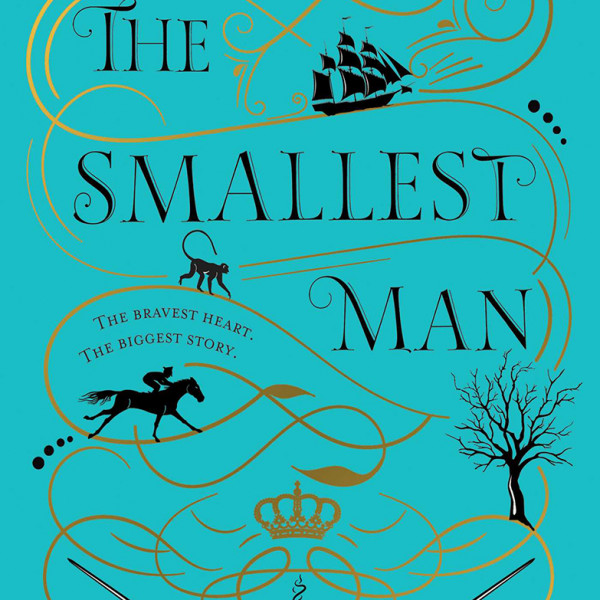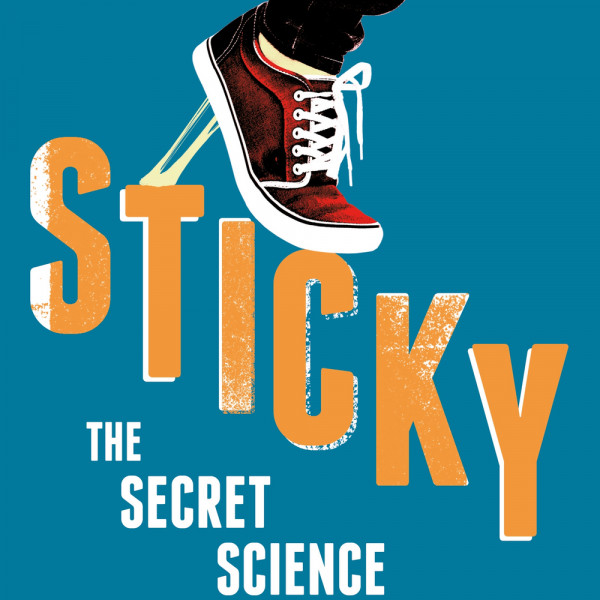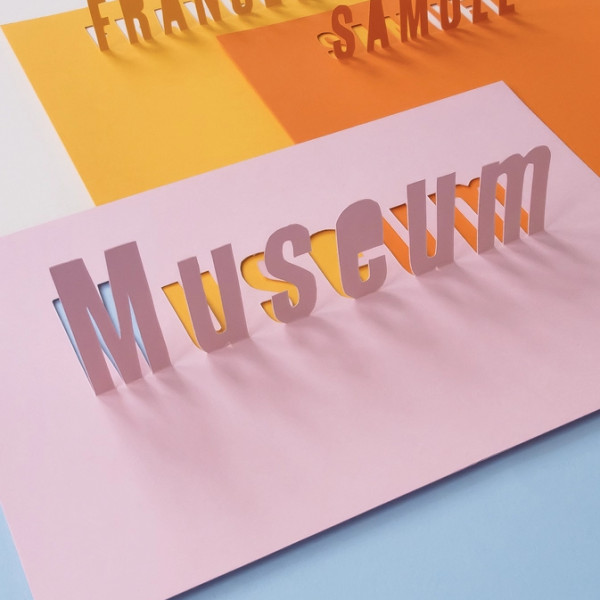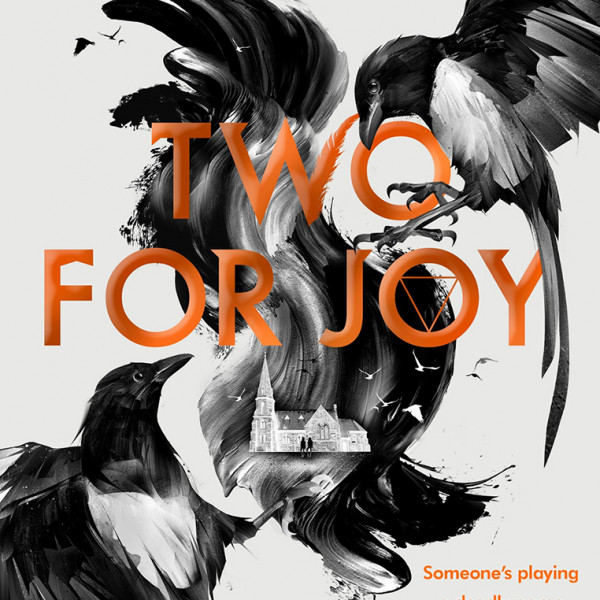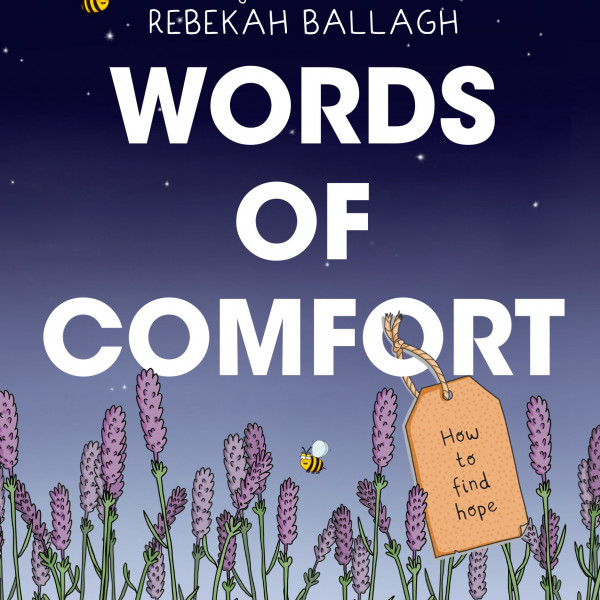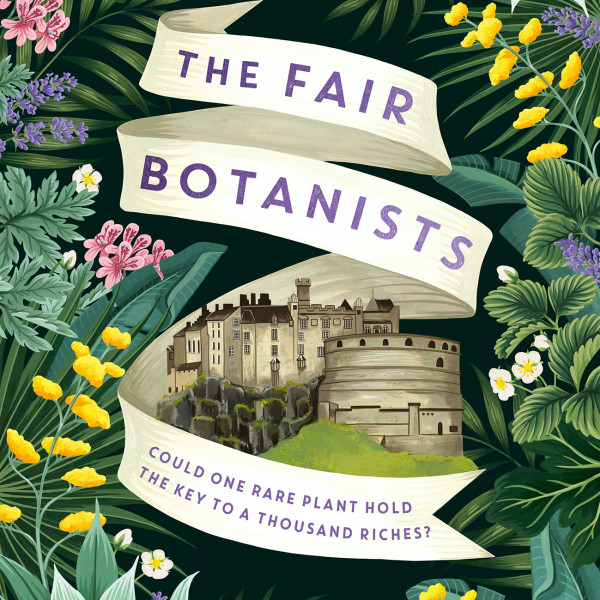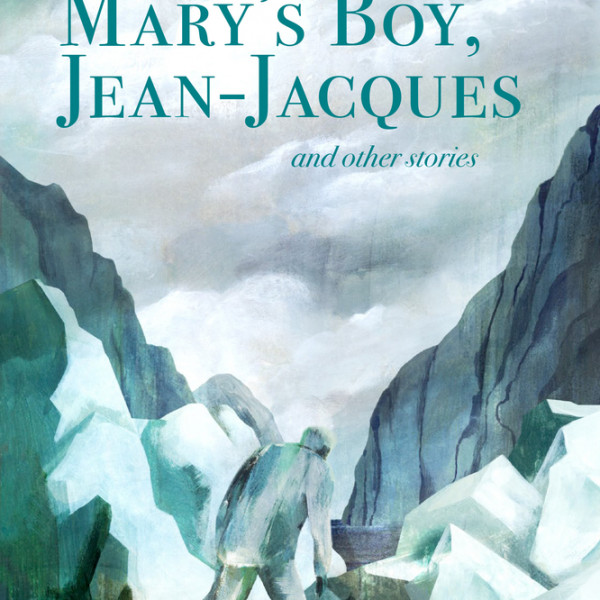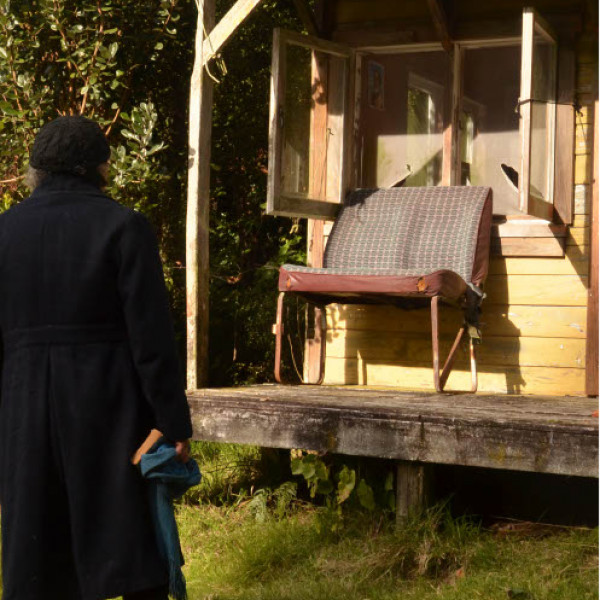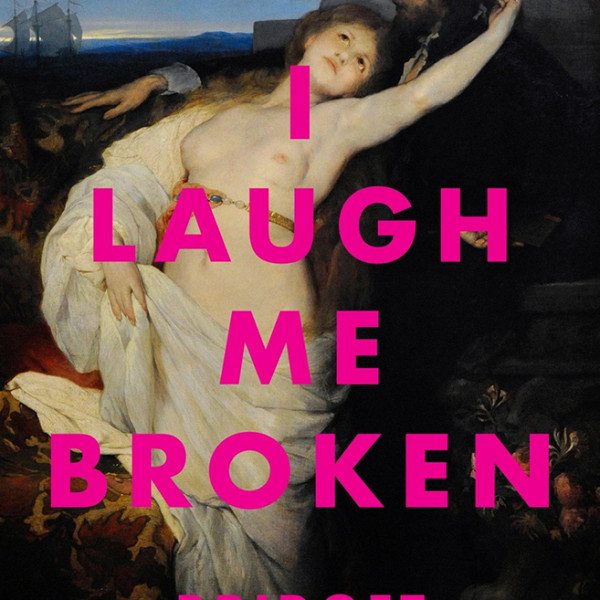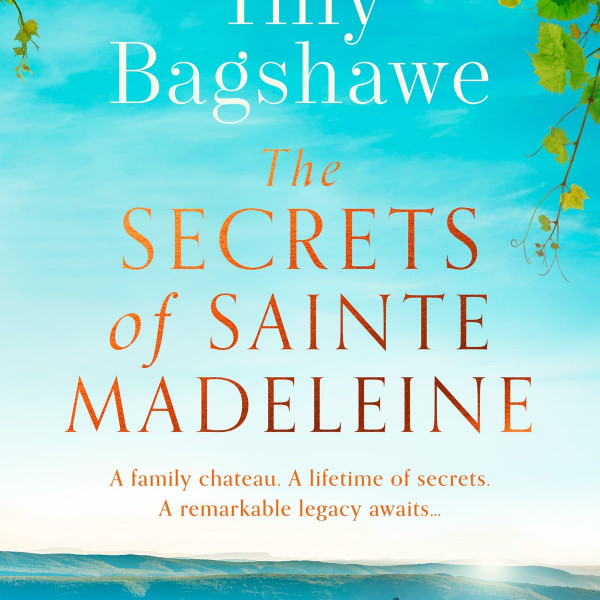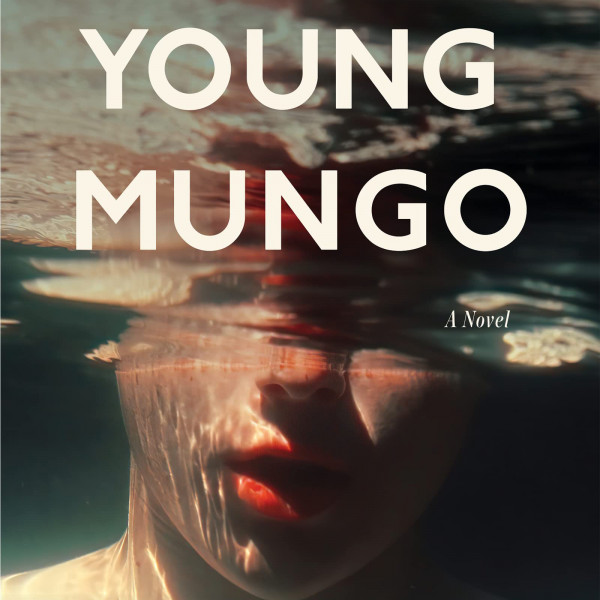
Every so often a book comes along which you know will remain with you, embedded, for the rest of your life.
Such is Young Mungo by Douglas Stuart, a follow-up to 2020 Booker Prize winner Shuggie Bain by the same Scottish author. It will be no surprise if Stuart wins again this year.
Shuggie spent most of his oh-so young life looking after his alcoholic mother and surviving in the poverty-torn Glasgow of the 80s. Now adolescent Mungo faces similar problems with his Mo-Maw Maureen, who loves him dearly – but not as much as the fags, the booze, and the men.
Jodie, the elder sister hopefully university-bound, tries her best but she has her own school and relationship problems. While Hamish the eldest has a career of disasters with drugs, underage girls, and violence, which leaves little time for caring for Mungo.
Then amidst all this chaos Mungo falls in love with James, a 16-year-old Catholic from across the street.
Now to be labelled queer is similar to receiving a death sentence so the relationship between the boys is hidden yet tender, tentative but delicate and shot through with the beauty of first love.
Their first kiss? It was “like hot buttered toast when you were starving. It was that good”. Think Romeo and Juliet.
Two stories merge and diverge in terrifying and shimmering climaxes where a camping weekend and a pitched playground battle made me scared to turn the pages.
“Be wary of sittin’ among the refuse of other people’s lives”, Mungo is advised.
Mungo and his refusal to succumb to mediocrity moved me to tears, time and time again. The final tears because I did not want this wonderful novel to finish.



